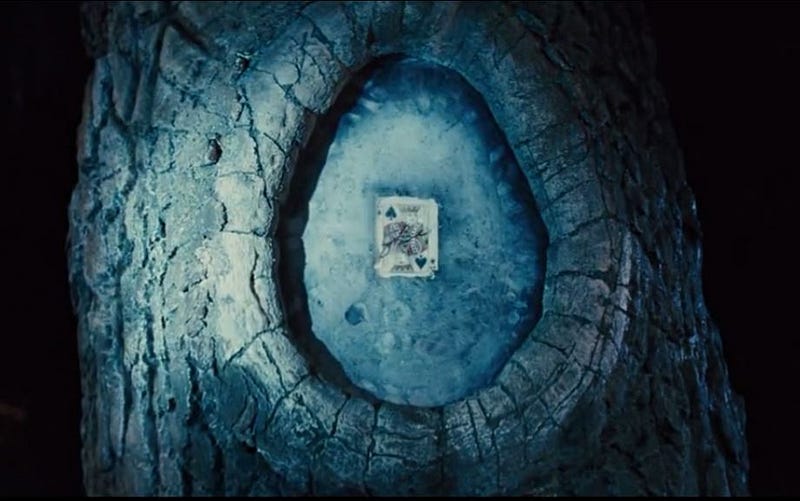Consider the following. There are approximately 231 million American citizens of voting age. In the recent presidential election, approximately 96 million (41.5 percent) did not cast a ballot in the presidential election. Not much of a rousing endorsement of America’s democratic process.
In a November 8 article in the New York Times titled “Millions on Election Day Make a Different Decision: Not Voting,” reporter Campbell Robertson lists a number of reasons behind low voter turnout ranging from voter suppression efforts to just being too busy or too lazy to make the effort. But that does not explain a higher level of under-voting for president than in past elections (ballots cast for lower offices but not for president). For Catherine Bonneville, it was a conscious decision based on principle.
“I voted for sheriff. I voted for senator. I voted for county recorder and for judges,” Ms. Bonneville said. “I couldn’t in good conscience vote for president.”
You know the reasons. Politicians are all alike. They will say anything to get your vote. They flip-flop on the issues depending on the audience. Whether or not there was a moral equivalency between the degree to which the two major party nominees fit these stereotypes is not important. Both provided enough fodder to make it hard to argue with these widely held assessments.
Donald Trump railed against unfair competition from China but exploited foreign, low-cost labor to manufacture his own products. He claimed to be a champion of the working class while stiffing contractors who worked on his hotels and casinos. He proclaimed himself to be an evangelical yet violated the central tenet of biblicism by committing adultery and bearing false witness. Trump was also charged with being a hypocrite for his multiple pro-choice and pro-life stances.
Hillary Clinton ran into similar criticism for her use of the term “super-predators” in a 1996 speech when referring to youth who committed gang related crimes. (It should be noted the speech did not refer specifically to African-American youth though many, including the leadership of Black Lives Matter, felt it was implied.) Likewise, Clinton had to reconcile what appeared to be a flip-flop on the Tran-Pacific Partnership. Her multiple explanations for needing a private email server raised questions about the veracity of any of them.
Trump and Clinton supporters attempted to justify their candidate’s positions and behaviors by suggesting their nominee had “evolved on the issues” or “voters should not hold someone to actions a long time in their past.” The cynic in me has to disagree. Do these people expect us to automatically forget the past or accept political expediency? Shouldn’t we expect more of those we choose to lead our nation?
As is my habit, I turned to movies to better understand this issue. I was reminded of a story from the film Now You See Me. Explaining what it takes to become a member of “The Eye,” a society of the world’s greatest magicians, one of the characters presents the example of Lionel Shrike and the trick which earned him the honor of becoming part of this secret fraternity.
 When he was 14, he saw a hole in a tree in Central Park. He had a guy, who worked at the carousel, sign a card for what looked like a routine little trick. At the guy’s retirement, 18 years later, Shrike performs, has the guy sign a card and presto! The card is in the tree. It was in the tree for 18 years.
When he was 14, he saw a hole in a tree in Central Park. He had a guy, who worked at the carousel, sign a card for what looked like a routine little trick. At the guy’s retirement, 18 years later, Shrike performs, has the guy sign a card and presto! The card is in the tree. It was in the tree for 18 years.
The trick was not to look closely. It was to look so far that you see 20 years into the past.
Isn’t this a lesson for future presidential candidates? View what you say and do today in terms of how it will be used 20 years or more in the future. Only then should you expect voters to accept you as a paragon of moral consistency, not a captive of political expediency. Perhaps, Americans might also welcome a renewed imperative to exercise their franchise to vote.
For what it’s worth.
Dr. ESP
Wow….I had no idea the percentage of people who did not vote was that high. Shocking!!